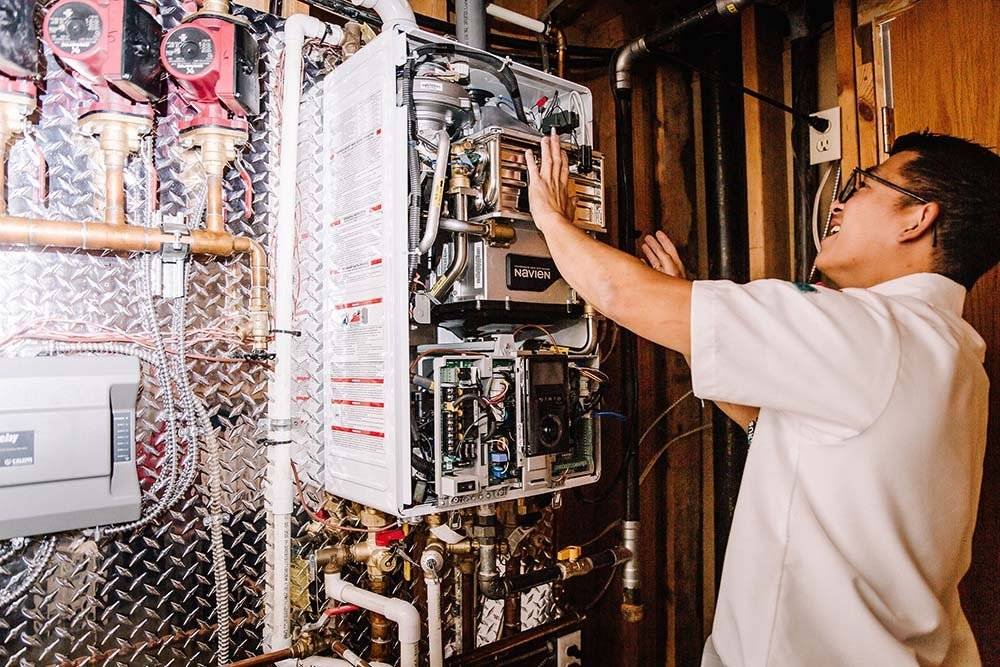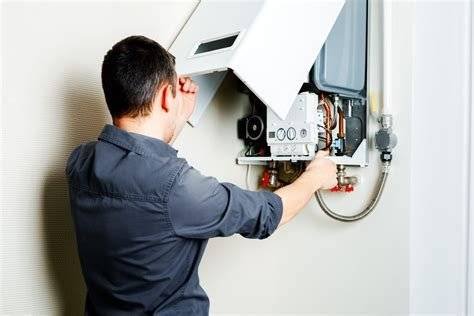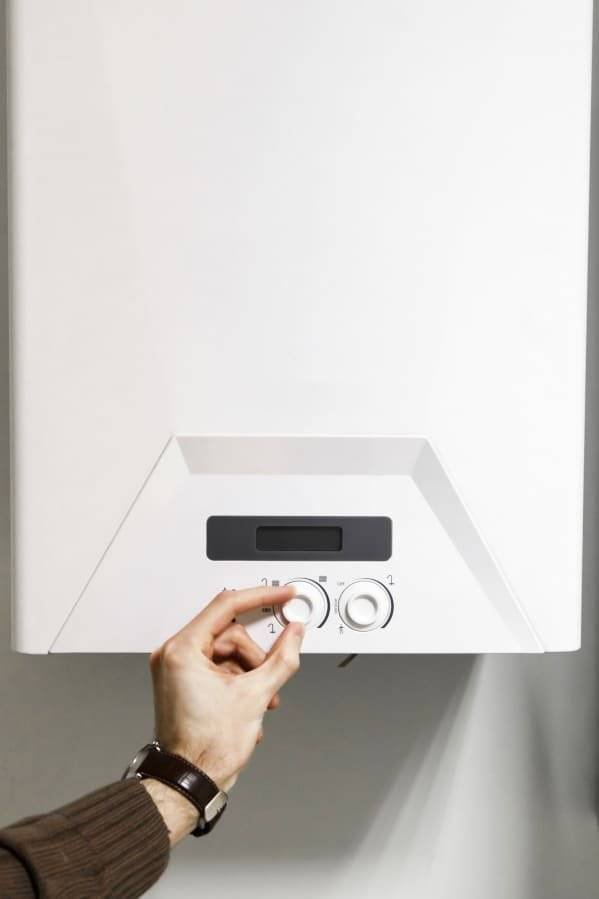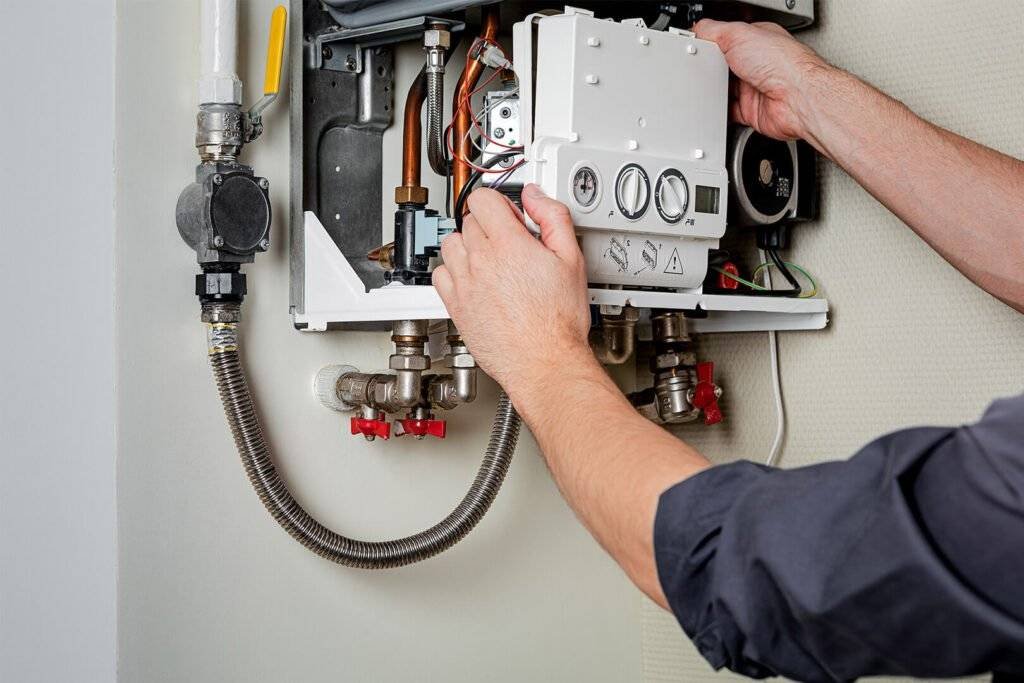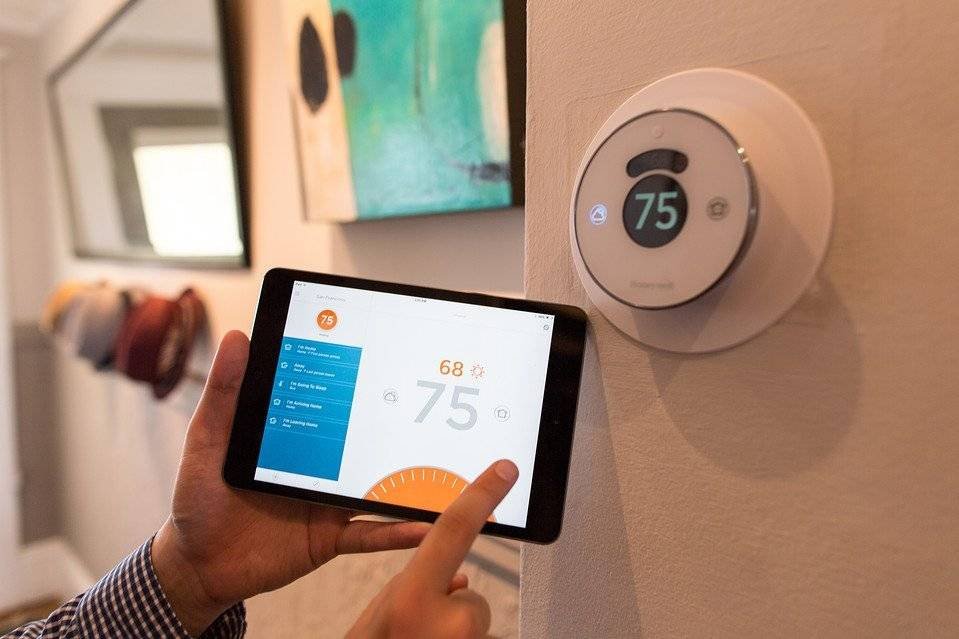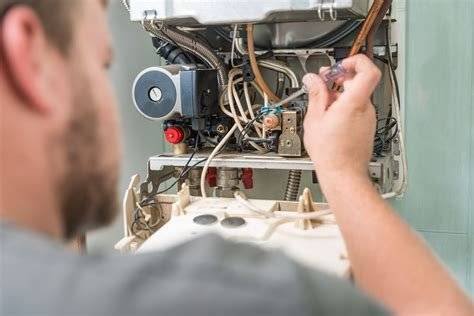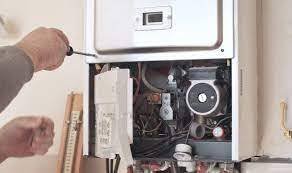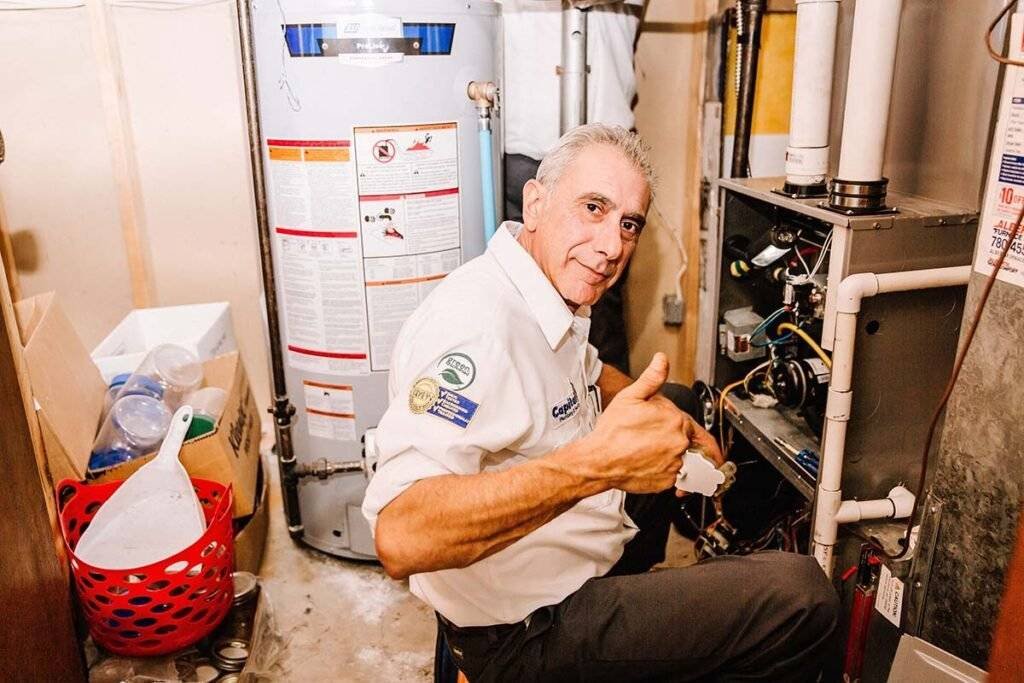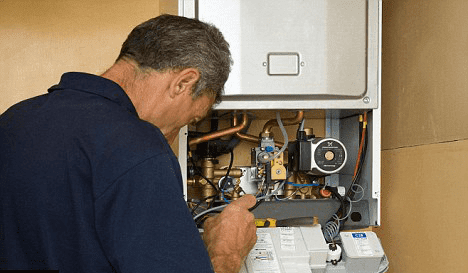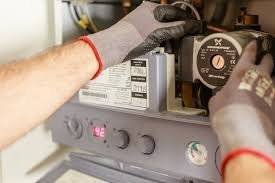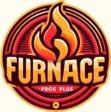Furnace Installation Chipman - Your Trusted Heating Experts
Furnace Pros Plus is your trustworthy partner for all your heating requires. With years of experience, we specialize in providing first-class heating solutions to keep your home warm and comfortable. Our team of experienced service technicians dedicate themselves to providing specialist heater setup, upkeep, and repair work services. We comprehend the importance of a correctly operating heater, specifically during the cooler months. We focus on efficiency, affordability, and client complete satisfaction in every job (huge or little). Whether you require a new heater, a routine check-up, or emergency situation repair work, count on Furnace Pros Plus for dependable and effective heating services that ensure peace of mind and convenience.
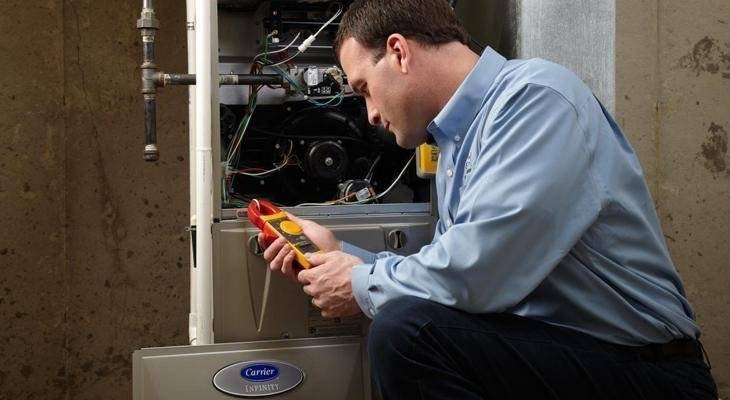
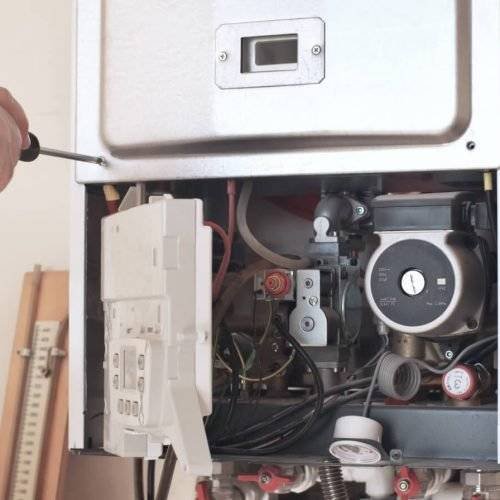
Who Are We?
Domestic Heating Installations and Repairs
Furnace Pros Plus stands out as the leading heater installation and repair work contractor in Chipman, Alberta, thanks to its unequaled dedication to quality, client service, and knowledge. With years of experience in the heating and cooling industry, Furnace Pros Plus has developed a reputation for providing trustworthy and effective services customized to the distinct climate and needs of Chipman locals.
The company’s commitment to excellence begins with its team of certified professionals. Each furnace technician is not only highly experienced and educated about the latest heater technology but likewise devoted to ongoing training and advancement. This guarantees that every setup or repair work is carried out with the utmost accuracy and up-to-date techniques, guaranteeing superior performance and durability of your heating unit.
Furnace Pros Plus understands the importance of a well-functioning heater, specifically during the harsh Chipman winters. That’s why they provide a fast response to ensure that any heater emergency situation is handled immediately and successfully, decreasing inconvenience and possible dangers. Their 24/7 accessibility is a testimony to their dedication to client complete satisfaction and security.
Moreover, Furnace Pros Plus makes use of only the highest quality items and products in all their installations and repair work. By partnering with leading makers, they ensure that every part of your furnace system is durable and effective, providing ideal heating and minimizing energy costs. This commitment to quality, extends the life of the heater, providing more value for the financial investment.
In addition to their technical knowledge, Furnace Pros Plus masters client service. They focus on clear interaction, providing comprehensive consultations and transparent prices without hidden costs. Their individualized method suggests that every solution is customized to the specific needs and budget plan of their customers, making sure that you feel valued and satisfied with every interaction.
For these factors and more, Furnace Pros Plus is the top choice for anybody requiring heater setup and repair work services in Chipman, demonstrating an unequalled mix of quality, knowledge, and customer-focused service.
How can we help you?
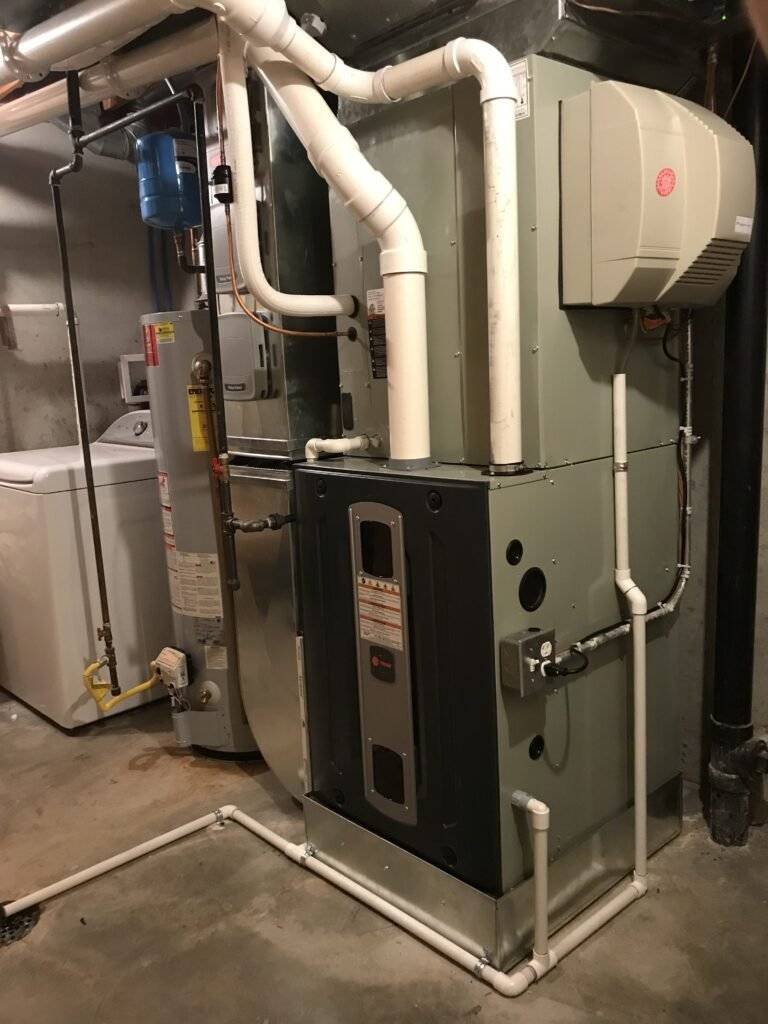
Understanding the Expense of Installing a Modern Furnace
Intro
An operating heater is important when it comes to keeping a comfy and warm home during the cooler months. However, there comes a time when setting up a new heater is inescapable.
Understanding the costs involved in this process is vital for property owners to plan and budget plan appropriately. This comprehensive guide explores the various factors affecting the expense of setting up a new heater.
Aspects Influencing Heating System Installation Expenses
Kind of Heating system:
- Gas Furnaces: Popular for their efficiency, they usually cost more in advance but provide lower operating costs.
- Electric Furnaces: They are cheaper than gas furnaces. However, electric designs tend to have greater operational costs due to electrical energy costs.
- Oil Heating systems: These are less typical and can be more costly due to the expense of oil.
Heating System Size and Capacity
- Square Footage: The size of your home directly impacts the capability needed for the heater.
- BTU Ranking: Greater BTU rankings relate to more effective furnaces, which can increase the expense.
Effectiveness Ratings
Yearly Fuel Utilization Effectiveness (AFUE):
Greater AFUE rankings suggest better efficiency but likewise come with a higher price.
Brand and Quality
Top-tier brands typically command greater costs due to their track record for quality and durability.
Installation Complexity
- Existing System: Updating from an old system may require extra work and expense.
- Ductwork: The condition and layout of existing ductwork can impact setup complexity.
- Accessibility: Difficult access to the setup website can increase labour costs.
Labour Expenses
Labour costs differ by region. In addition, the complexity of the setup can affect labour costs.
Extra Expenses to Think About
- Permits: Some areas require licenses for heater setup.
- Inspections: City bylaws may require post-installation inspections for security compliance.
- Thermostats: Updating to a smart thermostat can incur extra costs.
Typical Expense of Heating System Installation
While costs can differ widely based upon the factors discussed above, here are some typical expense varieties for heater setup:
- Gas Heating systems: $2,000 to $5,000.
- Electric Furnaces: $1,000 to $2,500.
- Oil Heating systems: $2,500 to $6,000.
These are rough estimates and can differ based upon specific home requirements.
Cost-Saving Tips.
Research study and Compare.
Acquire several quotes from various contractors to ensure competitive prices.
Seek Rebates and Rewards.
Search for energy efficiency refunds used by energy companies or government programs.
Think About Long-Term Cost Savings.
Purchasing a more effective heater can reduce energy expenses gradually.
Conclusion
Installing a new heater is a substantial financial investment, and comprehending the costs involved is important for any house owner. By considering the type of heater, setup complexity, labour costs, and extra expenditures, property owners can better get ready for this necessary upgrade. Remember to look for several quotes, explore offered refunds, and consider long-lasting energy savings when deciding.
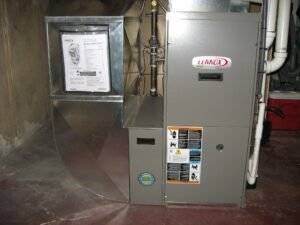
The Right Dimension Heating System for Your Home: A Comprehensive Overview
Intro
Picking the ideal size heater for your home is vital for making sure effective heating and convenience during the cooler months. A heater that’s too little will not keep your home warm, while one that’s too big can cause unnecessary energy intake and irregular heating. This guide will assist you determine the perfect heater size for your home.
Understanding Heating System Sizing: BTU and Effectiveness
We measure the size of a heater in British Thermal Systems (BTU). One BTU is the energy needed to raise the temperature of one pound of water by one degree Fahrenheit. When selecting a heater, two crucial factors play a role: the BTU ranking, showing the heater’s heating capability, and its efficiency ranking, measured in Yearly Fuel Utilization Effectiveness (AFUE).
Computing Your Home’s Heating Requirements
You should compute your home’s heating requires to determine the appropriate heater size. The computation considers factors like square video, climate zone, insulation quality, window type, and home layout. Normally, you require approximately 30-60 BTUs per square foot. However, this differs based upon your home’s specific qualities.
Environment Zone and Its Impact on Heating System Size
Your geographic area substantially influences the heater size needed. Residences in cooler areas, such as [area], require more BTUs per square foot than those in milder environments. Consult a heating specialist for specific suggestions.
The Role of Home Insulation in Heating System Sizing
Great insulation decreases the amount of heat loss, suggesting you can choose a smaller heater. Evaluate your home’s insulation in the walls, attic, and windows. Updating insulation can be an affordable method to decrease heating needs.
Considerations for Different Kinds Of Furnaces
There are various kinds of furnaces, like gas, electric, and oil. Each type has distinct sizing factors to consider. Gas furnaces prevail and effective, electric furnaces are more simple and safer but typically more costly to run, and contractors install oil furnaces where gas isn’t offered.
Importance of Specialist A/c Evaluation
An expert HVAC assessment is indispensable. Technicians consider all variables, consisting of ductwork and home layout, to recommend the ideal heater size. They can carry out a Manual J computation, the industry standard for figuring out heating and cooling loads.
Energy Effectiveness and Cost-Effectiveness
Picking a heater with a high AFUE ranking is vital for energy efficiency and expense savings. Modern furnaces have AFUE rankings between 80% and 98%, showing the portion of fuel converted into heating. While high-efficiency furnaces are more costly in advance, they can cause substantial savings in the long run.
Addressing Common Misconceptions About Heating System Sizing
A typical misconception is that a larger heater is constantly better. However, an extra-large heater can cause brief biking, where the heater frequently turns on and off, minimizing efficiency and lifespan. On the other hand, an undersized heater struggles to warm your home adequately.
Long-Term Benefits of the Right-Sized Heating system
Picking the right-sized heater has long-lasting advantages, consisting of consistent convenience, lower energy expenses, reduced carbon footprint, and fewer upkeep issues. It’s a balance between in advance costs and long-lasting savings.
Conclusion: Making an Informed Decision
Picking the ideal size heater is a choice that impacts your home’s convenience and energy efficiency for many years to come. By comprehending the basics of heater sizing and looking for professional assistance, you can make an educated choice that guarantees ideal heating for your home.
Remember, the secret to an effective and comfortable home lies in selecting the ideal heater and routine upkeep and considering other factors like insulation and climate. With this comprehensive guide, you are well-equipped to pick the ideal heater for your home, providing warmth and convenience for numerous winters.
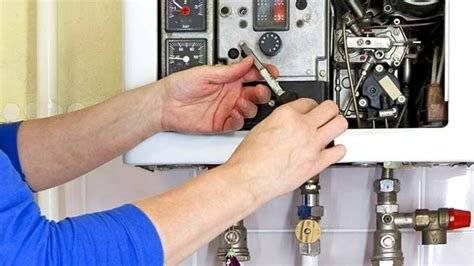
Replace vs Repair Heating System: A All-inclusive Overview
Intro
Choosing whether to replace or fix your heater is a substantial choice for any house owner. The choice impacts your immediate convenience and security and has long-lasting monetary implications. This comprehensive guide will explore various elements to consider, assisting you make an informed choice.
Understanding Your Heating system
Life expectancy and Types
Heating systems usually have a life-span of 15-20 years. The two primary types are gas and electric, each with various upkeep and operational costs.
Signs of Difficulties
Common signs that your heater may require attention consist of uncommon sounds, inconsistent heating, and increased energy expenses.
When to Think About Fixing Your Heating System
Repair work is typically the best choice for minor issues or furnaces that are reasonably new and still under guarantee.
Cost-Effectiveness
Fixing can be more cost-efficient for minor issues. However, regular repair work might suggest a much deeper problem.
Environmental Effect
Repairs typically have a lower environmental impact than changing the entire system.
When Replacement is the Very Best Option
You must consider replacement if your heater is near the end of its lifespan, repair work are ending up being increasingly costly, or if it could be more energy effective.
Long-lasting Expense Cost Savings
While the preliminary expense is greater, a new heater can be more energy-efficient, saving you cash on energy expenses.
Technological Improvements
More recent designs feature advanced innovation, such as clever thermostats, which provide better temperature control and efficiency.
Weighing Your Choices
Expense Analysis
Compare the expense of repair work gradually versus the one-time cost of a new heater.
Energy Effectiveness
Evaluate how your existing heater’s efficiency is impacting your energy expenses.
Home Worth
Think about how a new heater might increase the value of your home, specifically if you plan to offer in the future.
Expert Recommendations
Seeking Specialist Viewpoint
Speak with heating and cooling professionals to assess the state of your existing heater and get estimates for repair work and replacement.
Importance of Routine Maintenance
Routine upkeep can extend the life of your heater, whether you decide to fix or replace it.
Conclusion
In conclusion, deciding to fix or replace your heater depends upon various factors, consisting of age, condition, expense, and energy efficiency. By considering these factors and looking for professional recommendations, you can make a decision that guarantees convenience, security, and monetary prudence for your home.
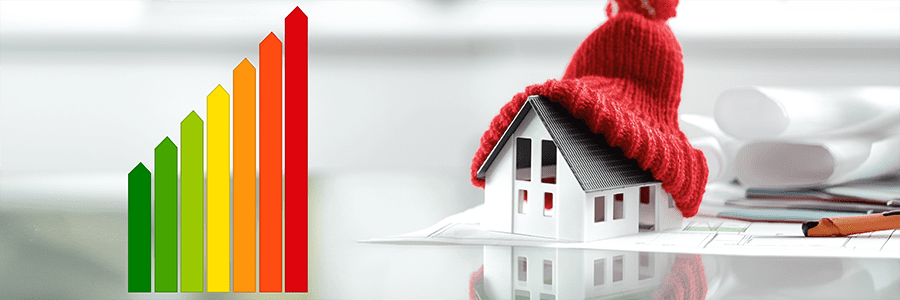
What Season is the Most Inexpensive to Replace Your Heating System?
Will a Modern Energy-Efficient Heating System Reduce Your Home Insurance Coverage?
Intro
Home upkeep can be a substantial financial investment, specifically when it involves vital systems like heating. Among the most considerable costs property owners face is changing their heater. However, timing this replacement can cause substantial savings. This article explores the best season to replace your heater, considering cost-effectiveness and usefulness.
Understanding Heating System Replacements
The Need for Replacement
Before delving into timing, it’s important to comprehend why and when you must replace your heater. Common indications consist of regular repair work, heating ineffectiveness, and the system’s age (typically beyond 15-20 years). Changing an outdated or malfunctioning heater enhances heating efficiency and guarantees security and convenience during cooler months.
Aspects Influencing Heating System Prices
Numerous factors impact heater costs, consisting of the type of heater, brand, capability, and the complexity of setup. Seasonal need is another substantial factor, typically overlooked, yet it plays an important role in figuring out the expense.
Best Time for Replacement: Off-Season
Why Pick Off-Season?
The off-season, mostly spring and early fall, is typically the cheapest to replace a heater. The need for heater is lower during these periods than during the peak winter months. Lower need typically leads to more competitive prices from makers and installers.
Advantages of Off-Season Replacement
- Lower Expenses: Reduced need can cause discount rates and more consumer working out power.
- Schedule of Technicians: HVAC service technicians are less busy during these times, making sure more versatile scheduling and quicker setup.
- Sufficient Time for Research study: The off-season provides property owners enough time to research various heater designs and options without the pressure of immediate need.
Preparation Ahead
Making use of the off-season requires planning. Expect the need for replacement and schedule it when the need is low. This foresight saves cash and avoids the trouble of a heater breaking down in the middle of winter season.
Winter: The Peak Season
Obstacles of Winter Season Replacement
- Greater Prices: The need for heater setup and repair work peaks during winter season, causing greater costs.
- Hectic Schedules: Finding a specialist might be more difficult, and you might need to wait longer for an appointment.
- Emergency Replacements: If your heater breaks down in winter season, you might need to choose an instant replacement, which leaves little room for expense comparison or settlement.
Other Factors to consider
Energy Effectiveness and Rebates
Purchasing energy-efficient designs might be more costly in advance but can cause long-lasting savings. Likewise, keep an eye out for refunds and tax credits used for energy-efficient home enhancements.
Importance of Routine Maintenance
Routine upkeep can prolong the life of your heater, postponing the need for replacement. It’s an important aspect of home care that you must pay attention to.
Conclusion
Timing your heater replacement can cause substantial savings. The off-season, particularly spring and early fall, is usually the most cost-efficient duration for this financial investment. Preparation, considering energy efficiency, and keeping your existing heater can enhance expenditures and ensure a warm, comfortable home.
Intro
House owners typically ponder whether updating their home appliances and systems can cause savings on their home insurance coverage premiums. One typical concern is whether setting up a new heater decreases home insurance coverage costs. This article delves into how a new heater setup might impact your home insurance coverage, using insights into insurance policies, risk management, and possible savings.
Understanding Home Insurance Coverage Premiums
Before diving into the specifics of furnaces and insurance coverage, it’s vital to comprehend what factors affect home insurance coverage premiums. Insurer assess various factors, consisting of:
- Property Age and Condition: Insurance coverage Representatives see newer homes with updated systems as lower risks.
- Place: Geographical area and local climate can substantially impact insurance coverage rates.
- Safety Features: The existence of alarms, smoke alarm, and other security devices can reduce premiums.
The Effect of a New Heating System on Home Insurance Coverage
Installing a new heater in your home can have several implications for your home insurance coverage:
- Reduced Threat of Fire and Gas Leaks: Modern furnaces with advanced security functions lessen risks like fire or gas leaks. This risk decrease can be favourable in the eyes of insurance coverage companies.
- Improved Energy Effectiveness: Newer furnaces are typically more energy-efficient, causing lower energy costs and a lowered environmental footprint, indirectly affecting insurance coverage factors to consider.
- Improved Home Worth: Updating to a new heater can increase your home’s market value, which might impact the protection you require.
Prospective Insurance Coverage Discounts
Some insurance companies provide discount rates for home enhancements that decrease risk. These might consist of:
- Protective Device Discounts: You might qualify for a discount if your new heater contains advanced security functions.
- Green Home Discounts: Some insurance providers offer special discount rates for setting up energy-efficient home appliances.
Documents and Appraisal
To utilize a new heater setup for insurance coverage advantages, consider the following:
- Expert Installation: Guarantee a certified professional installs your heater, which can be a prerequisite for insurance coverage advantages.
- Keep Records: Preserve all receipts and documents for the heater purchase and setup.
- Inform Your Insurance Provider: Alert your insurance provider about the upgrade. They may require an evaluation or extra documents.
Factors to consider Before Updating
While a new heater can provide advantages, consider the following:
- Expense vs. Benefit Analysis: Evaluate if the long-lasting savings on insurance coverage and energy expenses justify the preliminary expense of a new heater.
- Insurance Policy Review: Talk to your insurance coverage agent to comprehend how a new heater might particularly impact your policy.
Conclusion
Updating to a new heater can reduce your home insurance coverage premiums by minimizing risk and boosting your home’s security and efficiency. However, the impact differs based upon private insurance policies and the specific functions of the heater. It’s recommended to speak with your insurance coverage supplier to comprehend the full advantages and implications of a new heater setup.
FAQs
Q: How much can I save money on my home insurance coverage by setting up a new heater?
A: Cost savings differ based upon the insurance coverage supplier and the specific functions of the new heater. Speak with your insurance coverage agent for comprehensive information.
Q: Exist any specific kinds of furnaces that are more favourable for insurance coverage discount rates?
A: Heating systems with advanced security functions, high energy efficiency rankings, and those that satisfy specific environmental requirements are typically more favourable.
How to Get ready for a Heating System Installation
Installing a new heater in your home is a substantial financial investment and an important upgrade to your home. It enhances the convenience of your home and enhances energy efficiency. Proper setup preparation is vital to ensure the setup process is smooth and worry-free. This article will guide you through the necessary steps to get ready for a heater setup.
Understanding Your Heating Requirements
Examining Your Space: The first step is to assess the size of your area and comprehend the heating requirements. A too-large or too-small heater for your home can cause ineffectiveness and greater energy costs. Consulting with a heating professional to determine the ideal heater size is important.
Picking the Right Heating System: There are various furnaces, consisting of gas, electric, and oil. Each has advantages and disadvantages; the choice depends upon your area, budget plan, and individual preference. Research study and speak with experts to make an informed choice.
Pre-Installation Preparation
Picking a Certified Installer: We can not overstate the importance of picking a certified and experienced installer. Search for professionals with good evaluations and correct accreditation. They will ensure an appropriate setup and guide you through the process.
Cleaning the Area: Guarantee the area where you plan to install the heater is clear of any mess. A clean area provides simple access to the setup team and speeds up the process. Get rid of any valuable or fragile products from the area to avoid accidental damage.
Getting ready for Downtime: Depending upon the complexity of the setup, your heater may be down for a couple of hours to a day. Strategy appropriately, specifically if the setup is during cooler months.
Throughout Installation
Access to Your Home: Guarantee the installers have simple access to your home, that includes making sure that parking is offered and a clear course to the heater area.
Interaction: Stay offered to answer any questions the installers might have. Clear interaction can assist deal with any issues quickly and guarantee your setup goes as planned.
After Installation Checks
Inspect the Installation: Once the setup is complete, check the deal with the installer. Guarantee that the setup is complete and that the area is clean.
Understanding the System: Have the installer explain the functioning of the new heater, consisting of how to alter filters and the fundamental troubleshooting steps.
Guarantee and Documents: Ensure you get all necessary documents, consisting of guarantee information and operating manuals. Keep these documents in a safe place for future recommendation.
Conclusion
Getting ready for a heater setup involves comprehending your heating requires, selecting the ideal heater, and picking a certified installer. By following these steps, you can ensure a hassle-free setup process and delight in the convenience and efficiency of your new heater for many years to come. Remember, a little preparation goes a long way in making sure a smooth and successful heater setup.
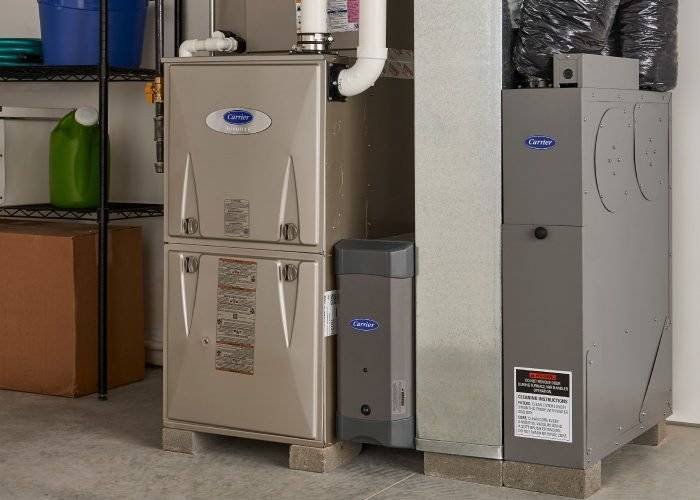
Our Work
